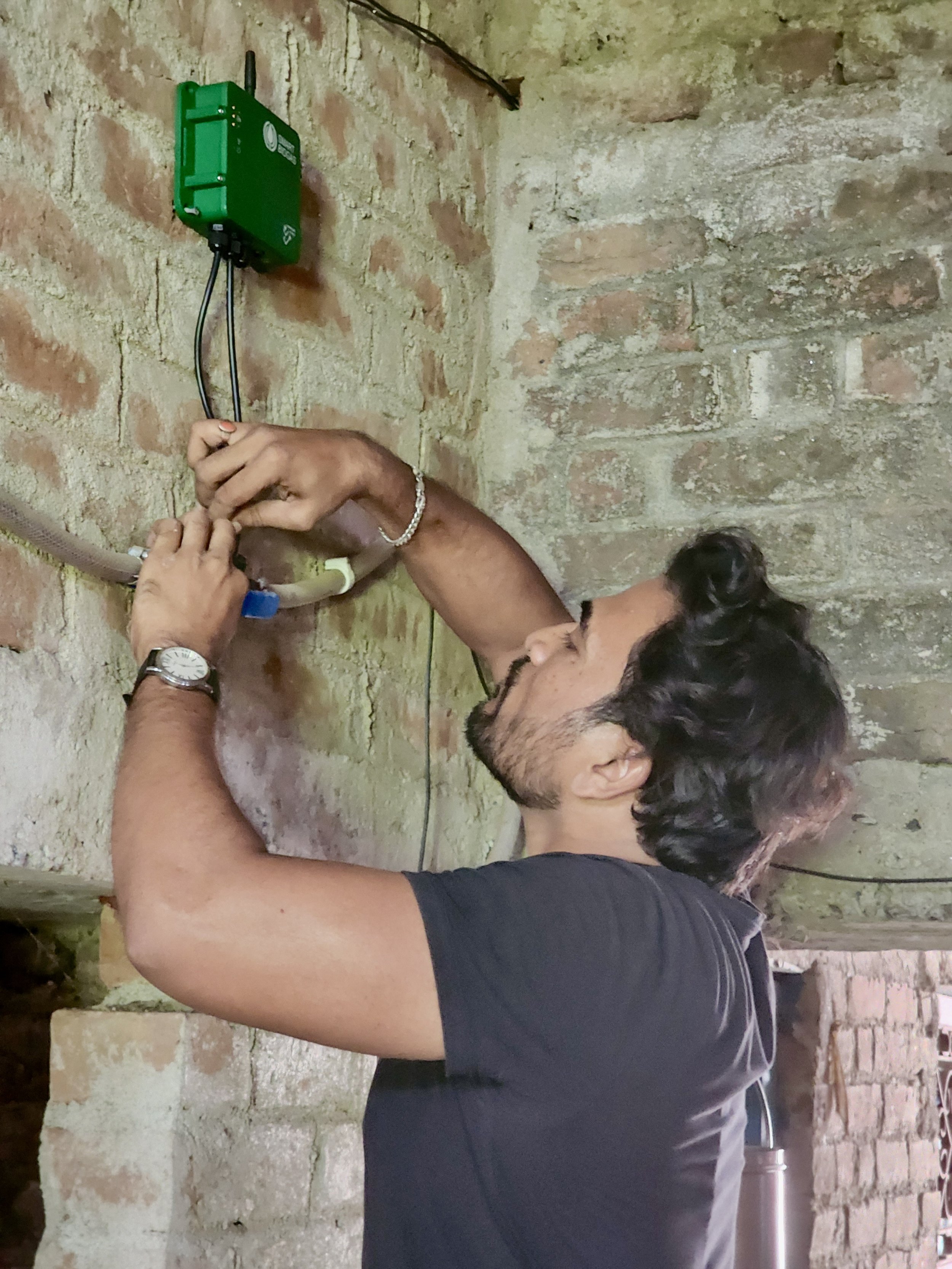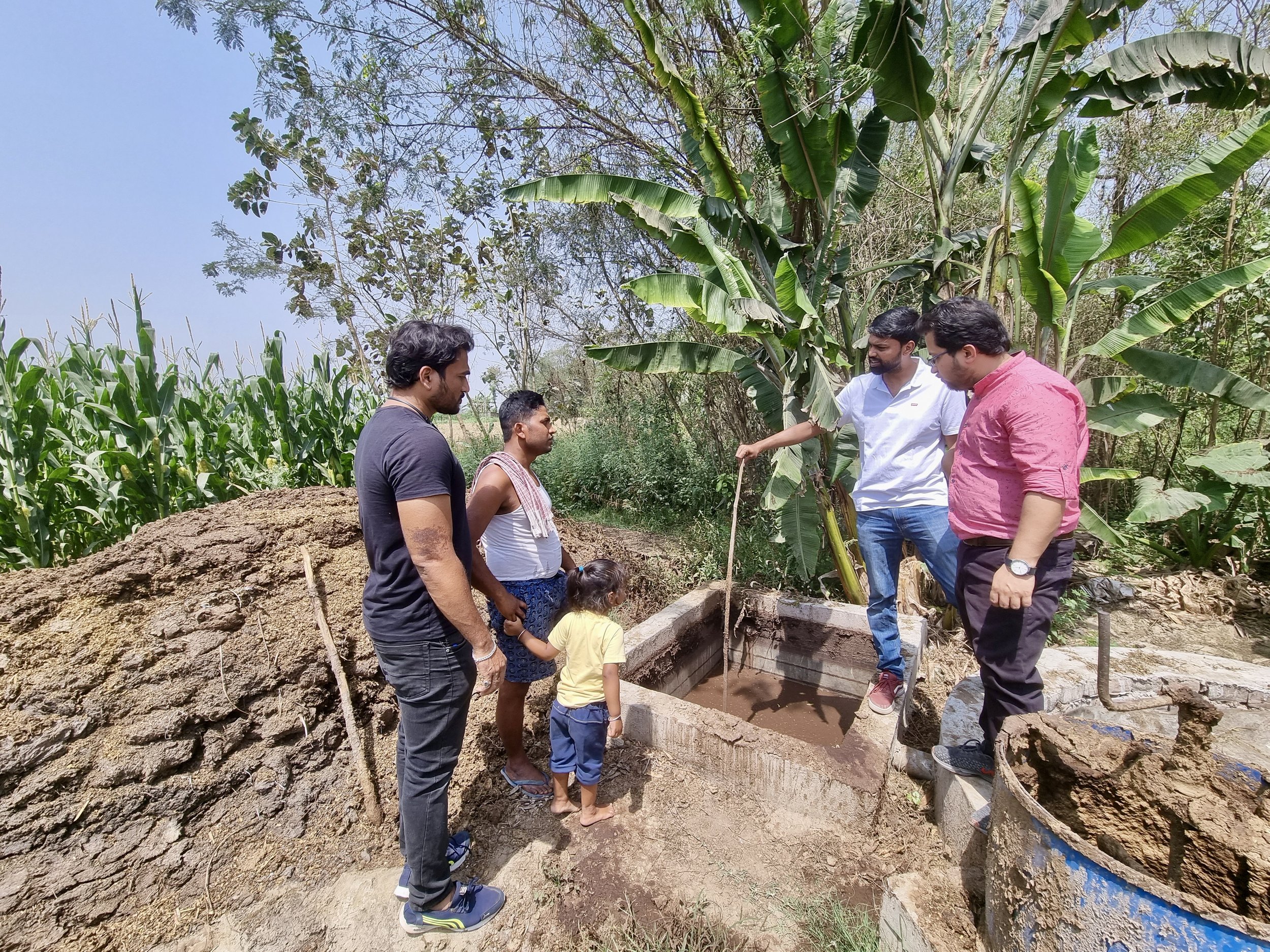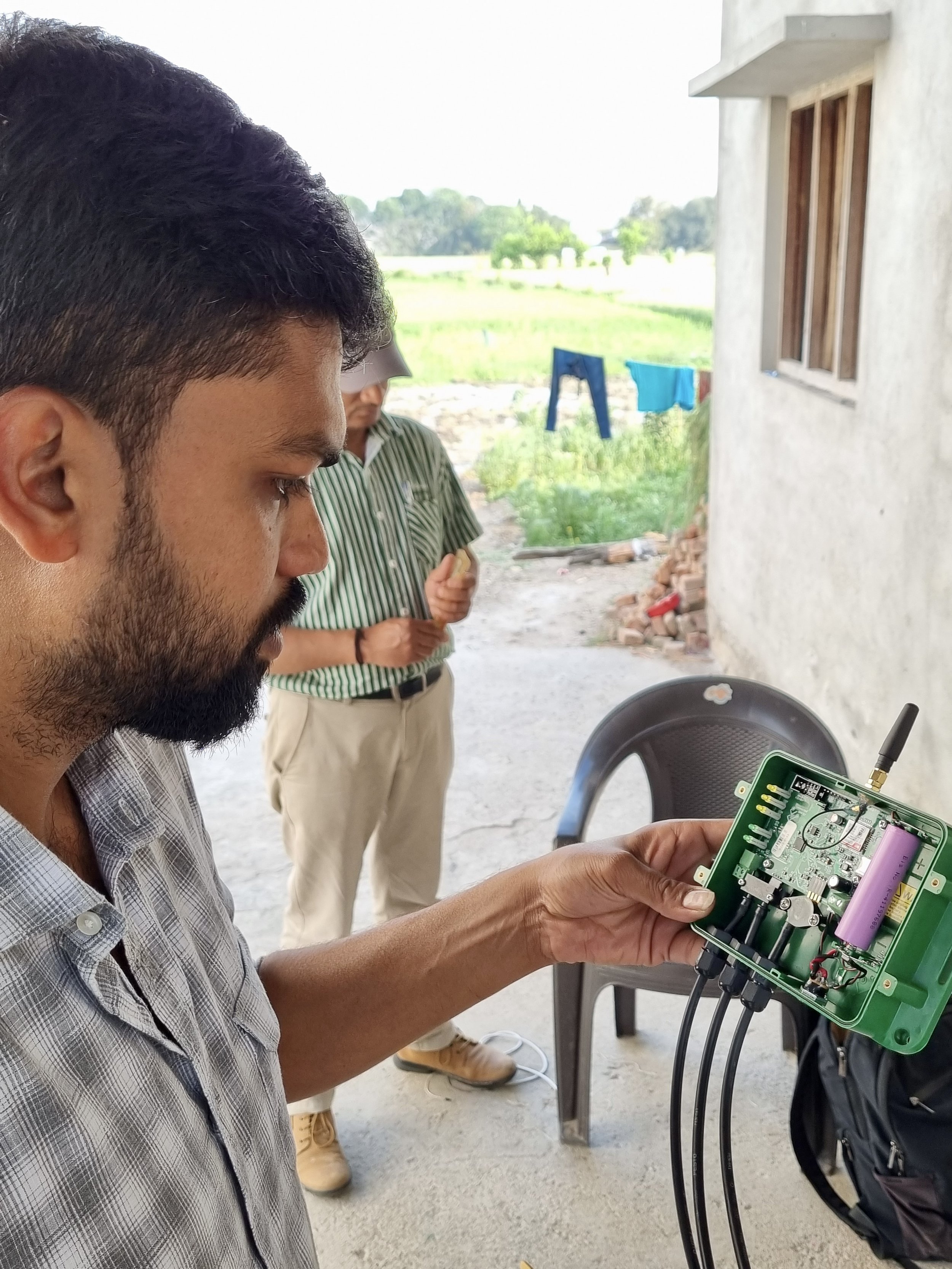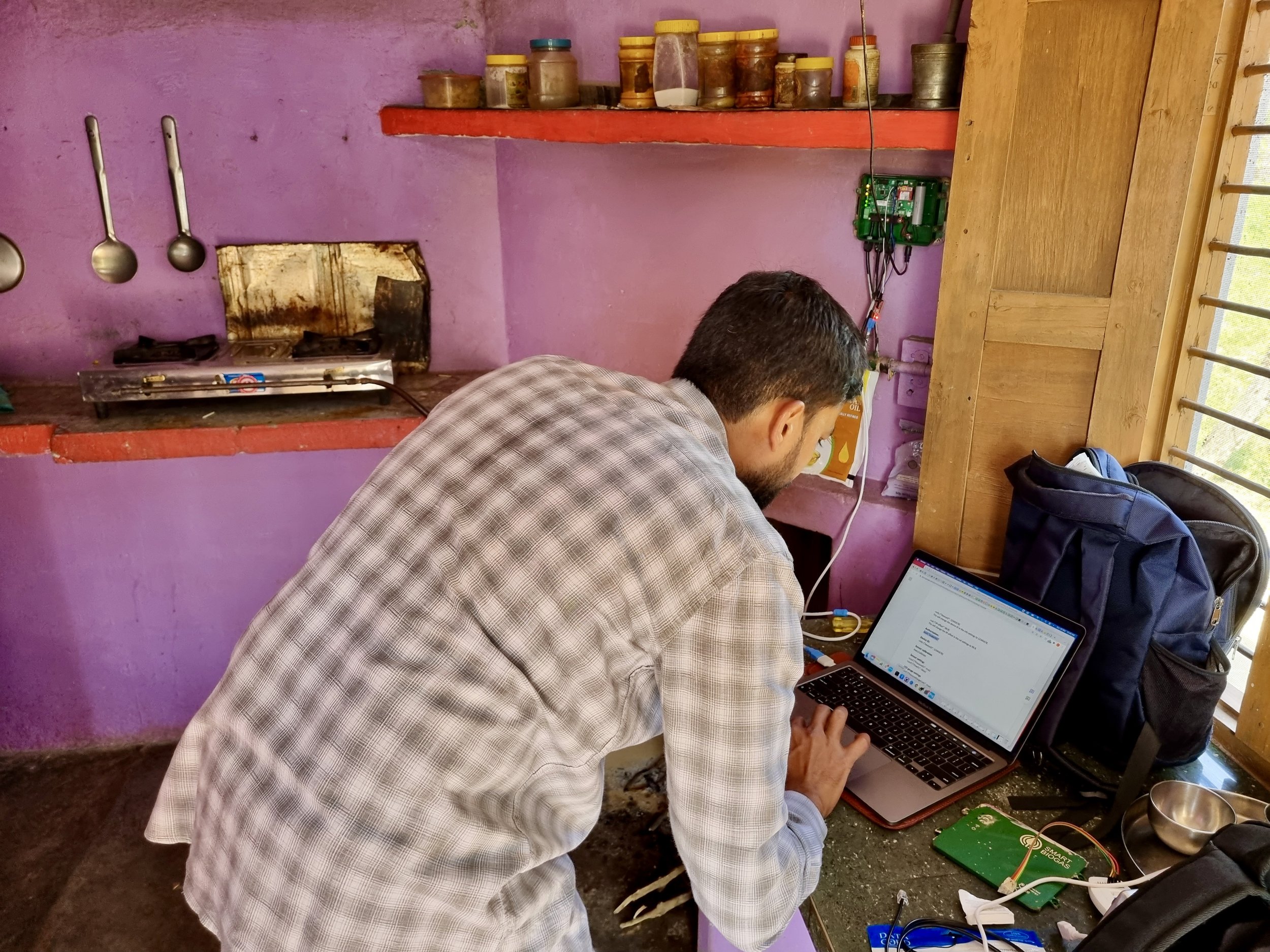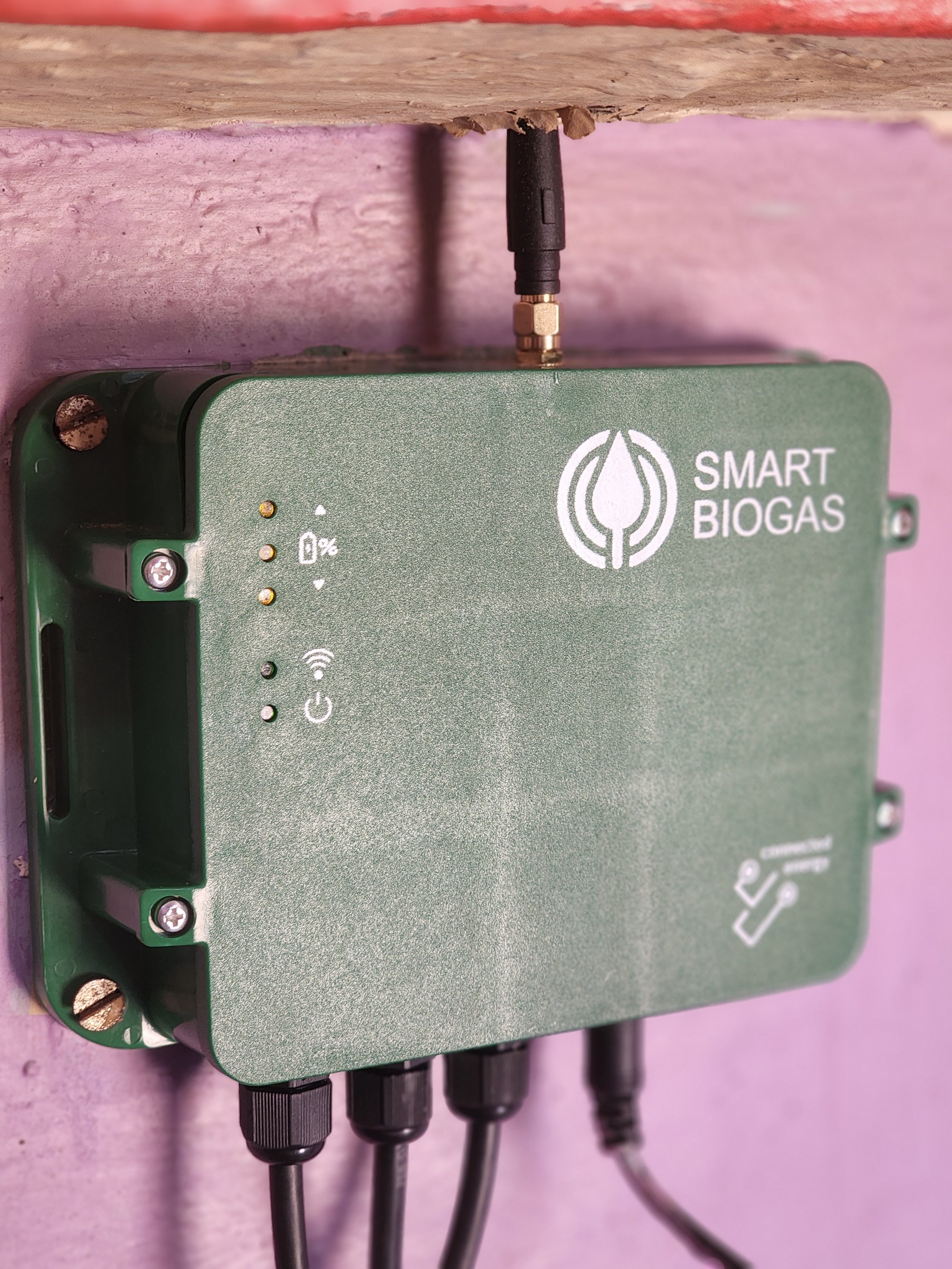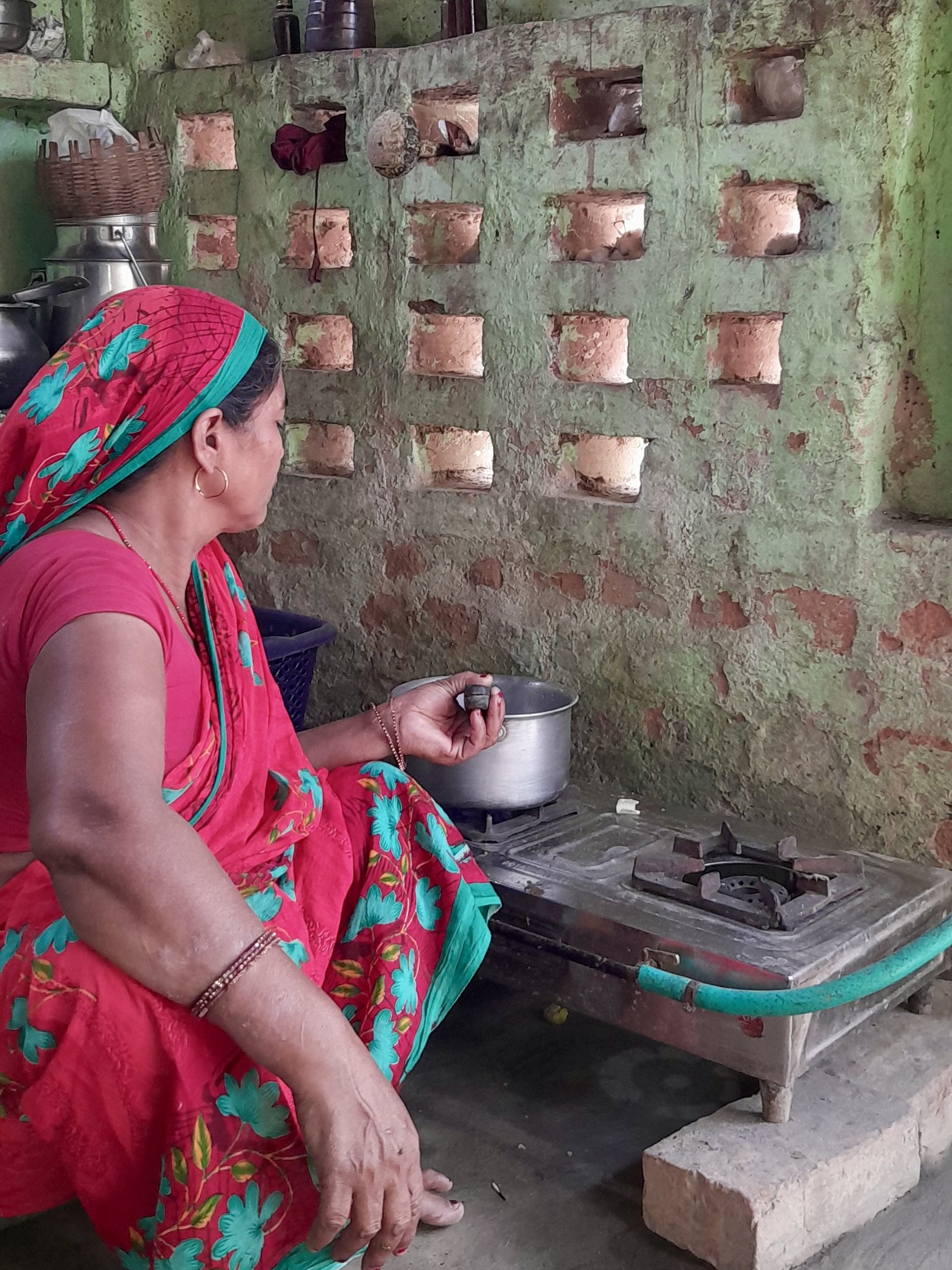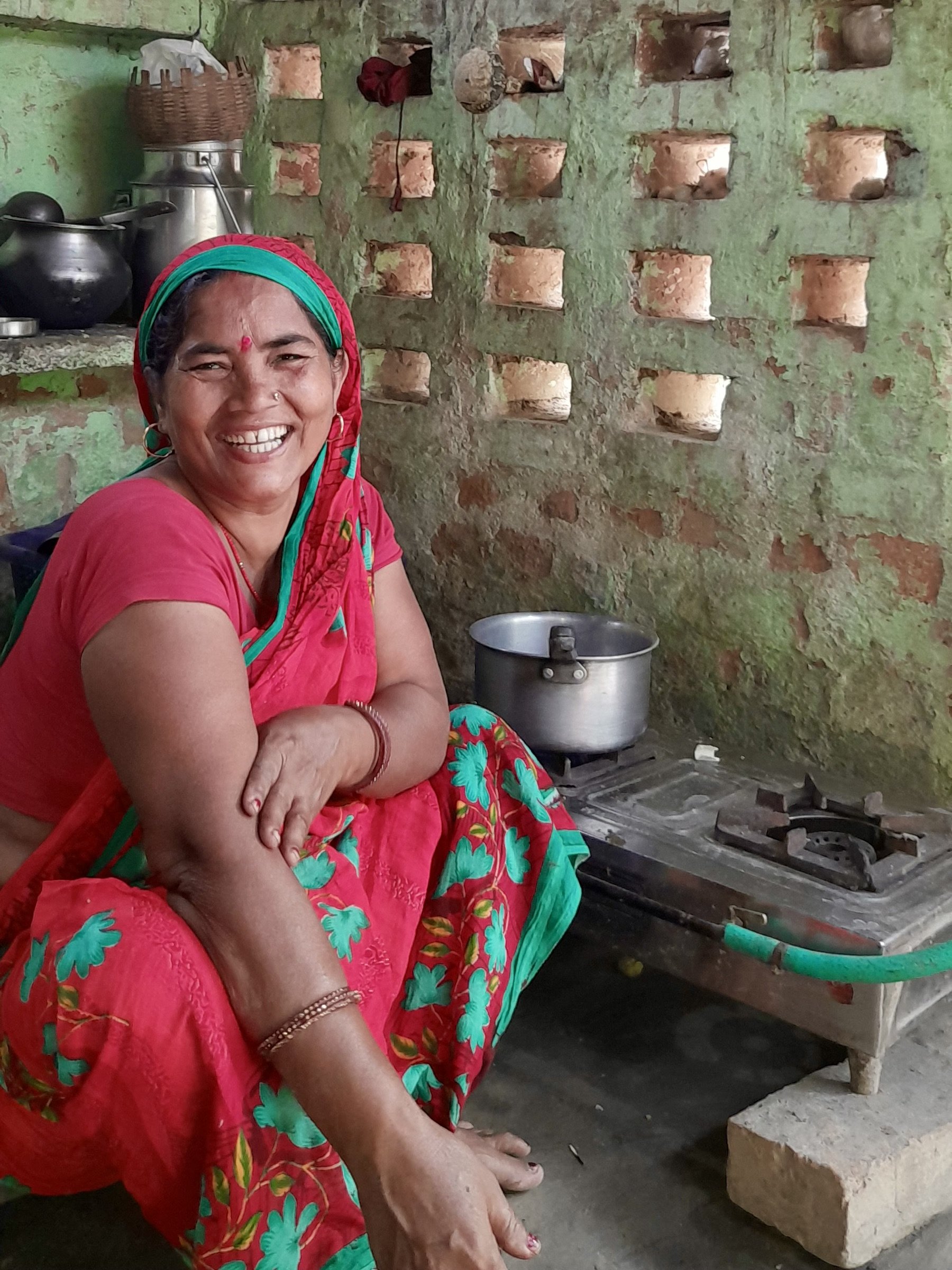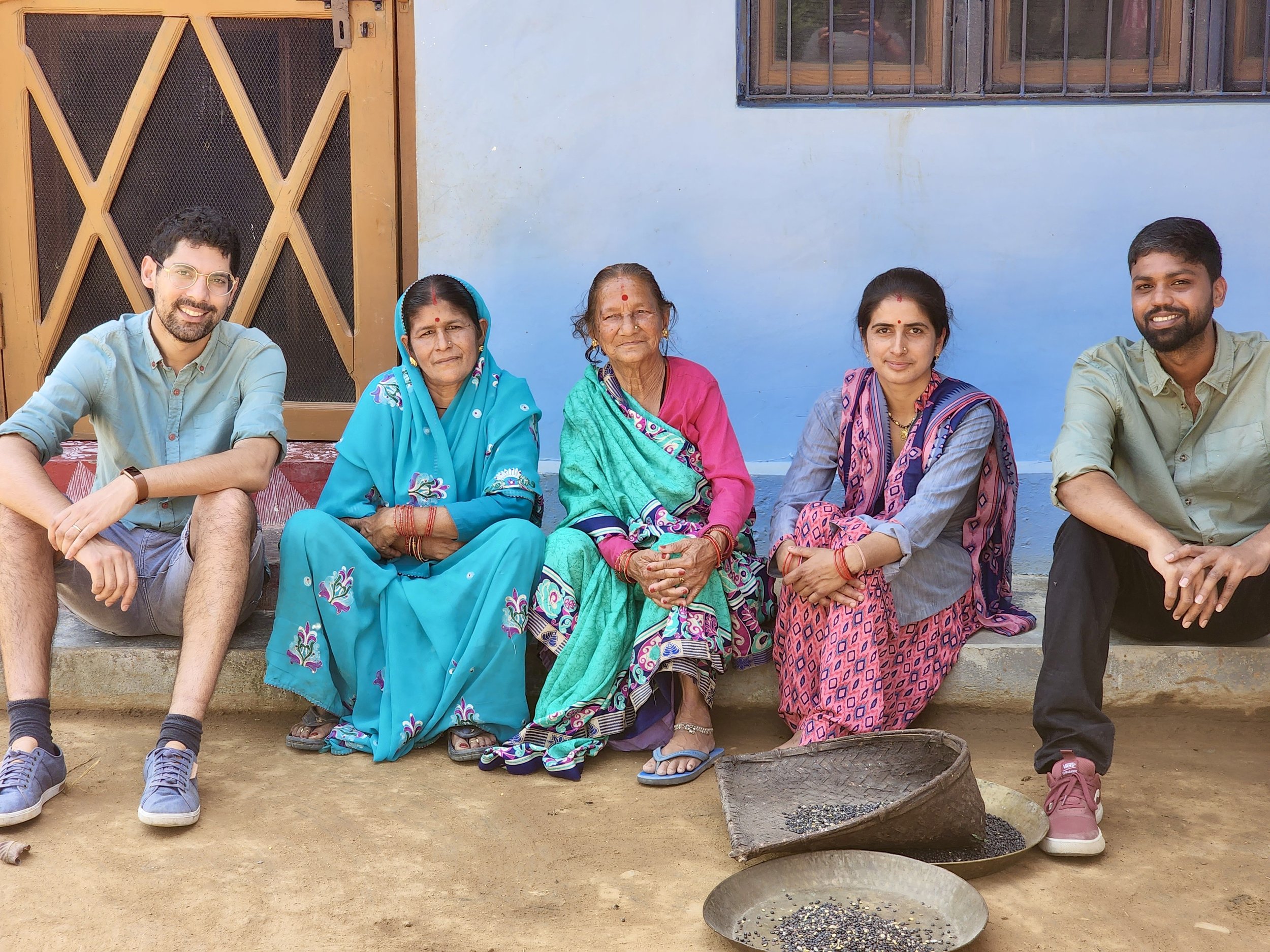Evidence shows that Smart Biogas can bring a 60% increase in biodigester performance
Research from Inclusive Energy reveals that digital metering unlocks a huge opportunity for improving biodigester performance
London, UK, May 2024 – A learning brief by Inclusive Energy shows that taking an “active monitoring” approach to biodigester usage optimisation through a digital monitoring can lead to a considerable increase in biogas availability, thereby enhancing user experience and trust in biogas as a clean cooking fuel and technology.
The brief reports findings from a pilot project – which took place in Bihar, India, in 2022. The project entailed a series of field interventions in light of insights generated by Inclusive Energy’s remote monitoring platform Smart Biogas. These involved in-person visits to biodigester owners to verify incidences of leakage or venting as reported by Smart Biogas, and more generally to check whether recorded usage was in line with the values expected given the capacity of the digester. During the visits, the project implementer proceeded to fix leakages, to provide advice on feeding patterns so as to minimise episodes of venting, as well as to carry out regular operations and maintenance.
The results were astounding. Thanks to evidence-based field interventions and an active monitoring approach to optimisation based on Smart Biogas data, gas availability increased by 60%. This means that, taking a fortnight period as a unit of time, the average farmer was able to expand their gas consumption from 6 to 10 m3 of volume, or from 19 to 29 hours of cooking time. In total after optimisation, an additional volume of 136 m3 of biogas became available to the farmers in the pilot, corresponding to 312 additional hours of cooking time.
The chart shows the increase in biogas availability (m3) from a business-as-usual scenario with no interventions (in blue) to a best-case scenario where interventions are taken in light of Smart Biogas insights (in orange)
At Inclusive Energy, we believe in the promise of the digital pathway to impact. Over the last few years, we have been putting this approach to test – with jaw-dropping results, as demonstrated in this pilot project. Currently, we are piloting the same approach In the context of our Innovate UK-funded project Smart Biogas 3. By 2025, we intend to offer a less labour intensive monitoring approach by making automated insights readily available to users through alerts and notifications, enabling farmer-led digester optimisation.
To read the learning brief, click here.


